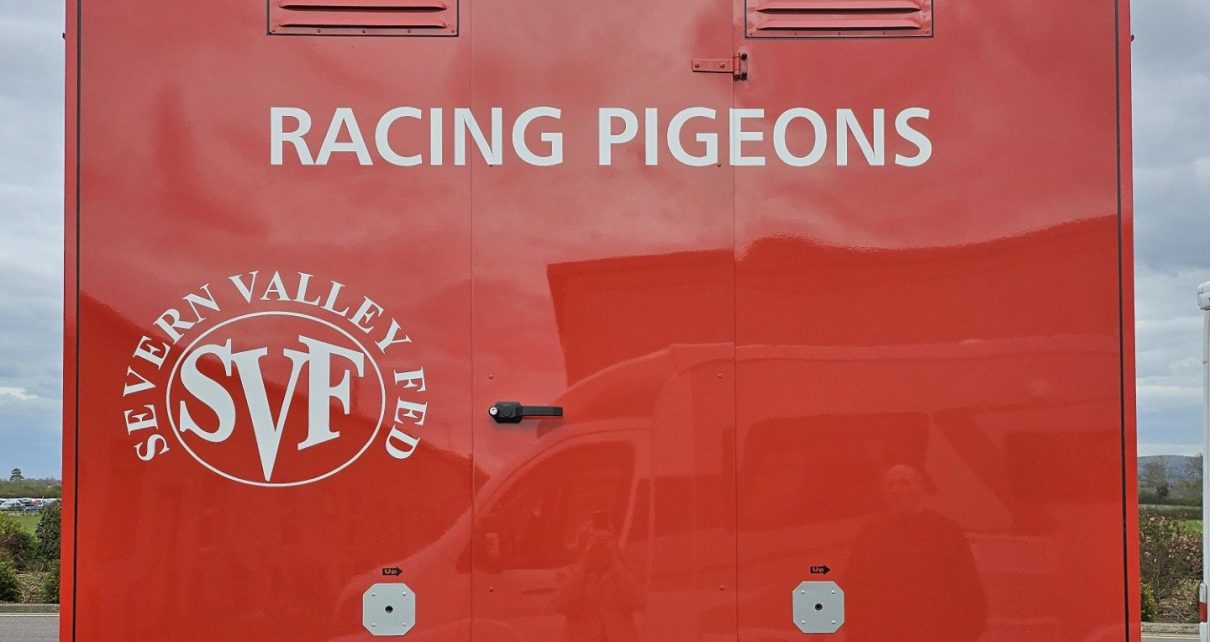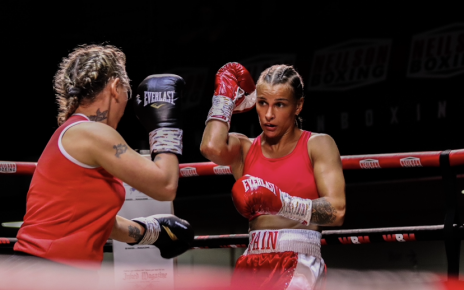Secretary of the Severn Valley Federation Sylvia Lane believes pigeon racing could vanish within the next two decades as participation and interest continue to fall across the United Kingdom.
In the late 1980s, the Royal Pigeon Racing Association (RPRA) boasted around 60,000 members, but with numbers falling to 20,000 as of four years ago, the sport that was once a thriving activity among the working class could soon cease to exist.
She began: “Personally, in 20 years, I don’t think it’ll be here to be honest, unless people start embracing the changes and potentially become more open-minded.
“Even these national organisations are struggling for the same reason as others, which is the declining numbers, and I think you’ll find even the RPRA are suffering.”
Despite pigeon racing being a sport on the decline, there is still plenty of life left in it.
— Park Life Sport (@ParkLife_Sport) October 13, 2025
Severn Valley Pigeon Racing Foundation secretary Sylvia Lane spoke about the thrill and what keeps people coming back 🐦 🥇 pic.twitter.com/sArRWsUVzz
While pigeon racing was a strong aspect of British culture, even featuring as part of the 1900 Paris Summer Olympics, the sport has faded from the mainstream.
With the attention span needed to care for pigeons, Lane believes modern life has shifted attention elsewhere.
“The youngsters now have got different interests, when a lot of the current members started, it was a different world,” she said.
“There was nothing to draw us to the PlayStations and video games, and we are just in different times so I can’t really see it making a comeback.”
Despite its decline, pigeon keeping remains a demanding and time-consuming commitment. Whilst pigeons are animals that are easy to feed, the hobby itself requires constant care and discipline.
“It’s not a hobby where you say, ‘I’ll do that today, but tomorrow I don’t feel like it’,” Lane explained.
“There’s a lot of vet visits and constant monitoring, as the Department for Environment, Food and Rural Affairs (DEFRA) got very much involved with bird flu.
“It’s a big commitment when you’ve got livestock, it’s not like walking the dog.”

However, the sport has transformed into a large and lucrative industry in China due to the betting aspects, with over 100,000 pigeon breeders living in Beijing alone.
In 2019, a prized Belgian racing pigeon named Armando was sold in the Asian country for approximately £1 million.
Despite a rise in popularity on the other side of the planet, Lane personally remains sceptical about its revival in the UK.
She said: “I know in Asia, they buy a lot of birds and also pay a lot of money for them.
“Funnily enough, about 30 years ago people used to pool their birds and say, ‘We’ll put 10p or whatever on that,’ and that’s how it was.
“And with that culture collapsing, people just don’t really do it anymore.”
Follow the rest of today’s sporting news in our live blog below:


